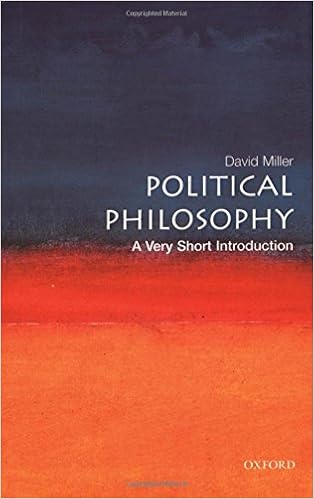This is a vary basic - yet very nicely written - account on philosophy of science.
Cotent-wise, the coverage is what one would expect: defining science (the demarkation problem), problematizing knowledge and knowing, nature and varieties of scientific reasoning etc.
However, the two last chapters ("Philosophical problems in physics, biology and psychology" and "Science and its critics") provide "fresh" perspectives on the subject matter beyond "the basic stuff".
Was it good?
The book is very well written. It manages at the same time to be quite faithful to the basic questions being discussed (e.g. the limits of human knowledge) and discuss the matter in very accessible terms.
Moreover, the author's choice of occasionally focusing on a particular point in time such as a historical debate or a prominent scientist of philosopher bring, in a way, the contents to life.
In addition, as noted above, the two last chapters clearly add value. The 6th chapter, "Philosophical problems in physics, biology and psychology" and "Science and its critics"discusses three cases or problems pertaining to philosophy of science more in depth. These cases are quite illustrative. And the 7th chapter, "Science and its critics" positions the contents of the book as well as science at large in a contemporary societal context and public discourse.
The main take-away for me?
This book, like some others, presents quite a strong case (though does not strictly speaking uncritically promote it) for science as a very social endevour. That is, science is not at all perfectly rational data-driven hypothesis testing and objective theory falsification that some "classical" accounts on the nature of science would have one believe. Instead, scientists are humans and therefore subject to stubbornness, peer pressure, adherence to socio-cultural values etc. Thus, it would be quite interesting to complement this book with a similar account on the sociology of science.
Who should read the book?
Like most books in the Oxford University Very Short Introductions series, this book is very accessible, and therefore suitable for nearly everyone. Of course, basic interest in the workings of science enhance the reading experience.
The book on Amazon.com: Philosophy of Science



